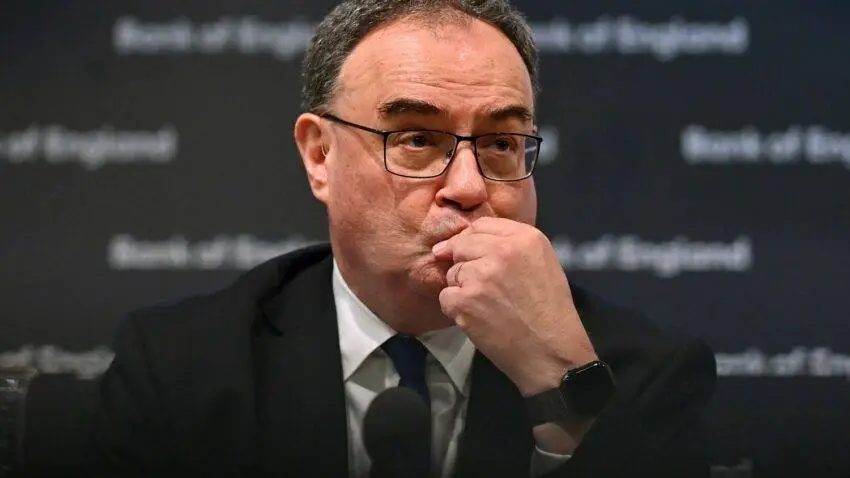The pound has surged to a one-year high against the dollar. This comes as traders significantly lower their expectations for an interest rate cut by the Bank of England next month.
Inflation data and market reactions have played a crucial role in this development. As a result, investors are adjusting their strategies, reflecting the changing economic landscape.
Pound Hits One-Year High
The pound has reached a one-year high against the dollar. This surge is due to traders scaling back their expectations of an interest rate cut by the Bank of England next month. Sterling rose by 0.45% to $1.30, its highest level since July 2023.
Recent data showed that inflation in the services sector remained steady at 5.7% in June. Meanwhile, annual consumer price inflation held at 2%, meeting the Bank’s official target. However, more persistent measures of inflation did not decline as expected. In response, traders reduced the likelihood of an August 1 interest rate cut from 50% to 25%.
Market Reactions
Earlier this month, financial markets had assigned a 70% probability to the Bank’s first rate cut in four years. However, following the sticky inflation data, investors reacted by buying the pound and selling UK government bonds. The yield on two-year gilts rose by 6.5 basis points to 4.01%, while ten-year gilt yields increased to 4.08%. These movements reflect higher government borrowing costs.
Bond yields typically rise as prices fall. Similarly, currencies usually strengthen in a higher interest rate environment. This explains the recent strengthening of the pound.
Inflation and Prices
The Office for National Statistics noted a 1.4% annual decline in goods prices. This was largely due to reduced costs for furniture, household items, and clothing, attributed to summer sales and poor weather.
Food price inflation has also decreased significantly. It dropped from over 17% last year to 1.4%, the lowest since October 2021.
Economists suggest that members of the monetary policy committee (MPC) will now be more cautious about cutting interest rates. Services inflation is 0.6 percentage points higher than the Bank’s forecasts. Additionally, recent growth statistics show the UK economy expanding at its fastest rate in two years.
Economists’ Perspectives
Services inflation and wage growth remain high. Sonali Punhani, a UK economist at Bank of America, stated that the persistence of domestic inflation suggests that any rate-cutting cycle will likely be slow and shallow. There might be fewer cuts than the previously forecasted two this year and four next year.
Headline inflation could rise in the coming months as energy prices increase. This follows a significant drop last year.
Upcoming MPC Meeting
The MPC is set to meet on August 1 to decide on interest rates. They will also release updated economic growth and inflation forecasts.
Gabriella Dickens, an economist at Axa Investment Manager, mentioned that the nine-member MPC could still vote five to four in favour of reducing the base rate from 5.25% to 5% next month. A shift would require support from Governor Andrew Bailey, his deputies, and the two MPC members who backed a rate cut in June.
Bond and Currency Dynamics
Investors bought the pound and sold UK government bonds due to changing rate expectations. The yield on two-year gilts rose by 6.5 basis points to 4.01%, while ten-year gilt yields increased to 4.08%. Bond yields reflect higher government borrowing costs.
Currencies often strengthen in a higher interest rate environment, explaining the pound’s recent rise. Traders have adjusted their strategies based on the latest economic data.
The pound’s recent surge highlights the complex dynamics at play in the current economic climate. As traders and investors adjust to new inflation data and shifting rate expectations, the MPC’s upcoming decision will be crucial.
The meeting on August 1 will shed light on future economic policies and potential interest rate cuts. Until then, market participants will closely monitor any developments.

